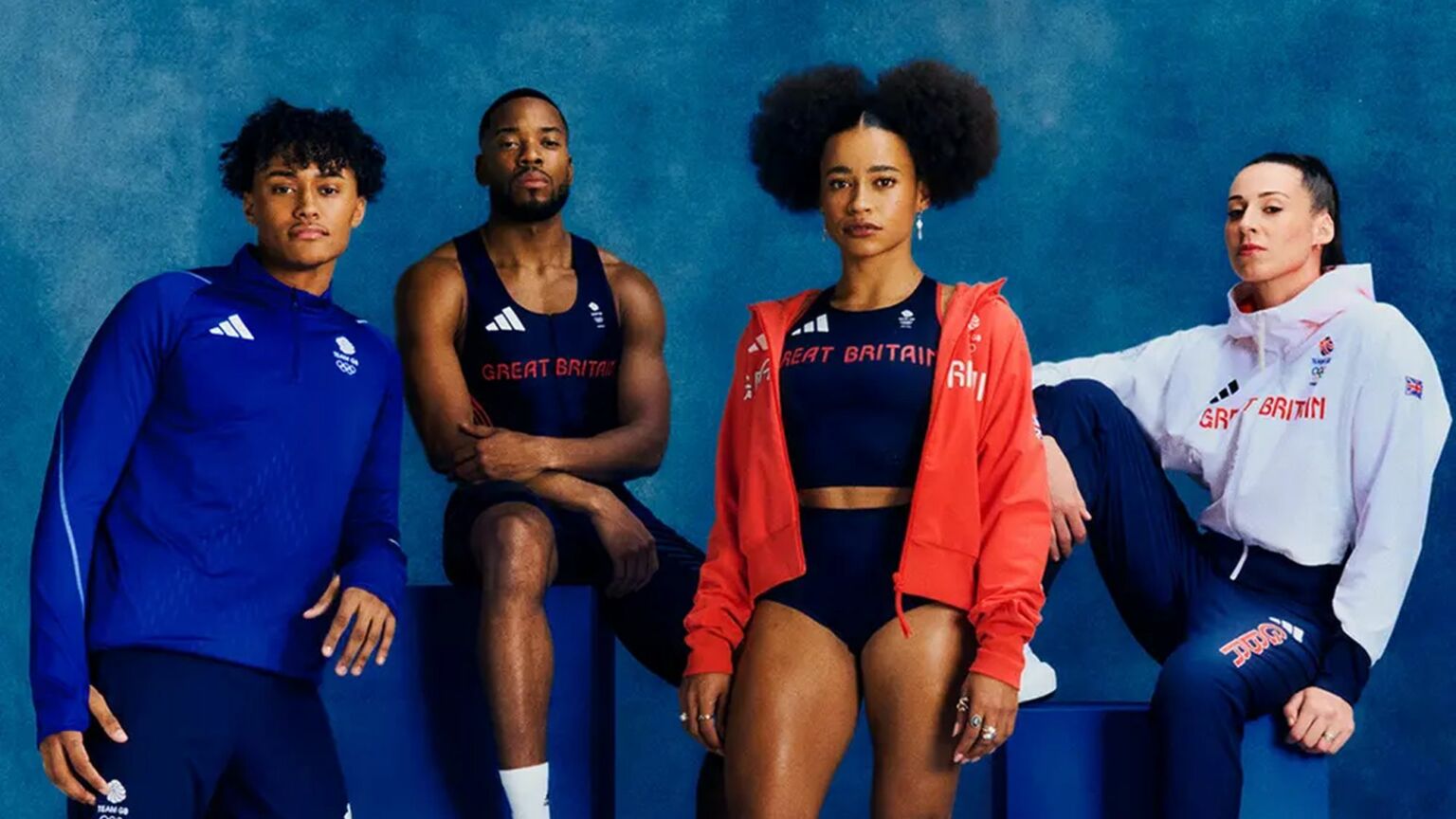Please let the Paris Olympics be a woke-free zone
Why are Team GB athletes training to be champions of social justice?

Want to read spiked ad-free? Become a spiked supporter.
Apparently, it’s not just athletic ability that British Olympians are expected to perfect any more. Once they return from the Paris Olympics, which kick off this evening, they will be under pressure to become political activists, too.
Back in March, Team GB, ParalympicsGB and UK Sport – the government body responsible for investing in the Olympics and Paralympics – announced its new ‘ChangeMakers’ initiative. The project, sponsored by the National Lottery, aims to fund and train athletes returning home to ‘choose the social-impact project they wish to support’. Sportsmen and women are expected to ‘use their voice to make a difference’.
Sports personalities using their fame to champion ‘social causes’ is nothing new, of course. Charities and campaigns are similarly eager to use celebrities for a bit of publicity. Nor is this a new venture for UK Sport, which has a long list of ‘outreach’ projects.
There is something different about ChangeMakers, though. Athletes are told they can pick ‘grassroots sport projects, mental-health initiatives, environmental programmes – whatever their passion is’. Many of these suggested ‘passions’ are nakedly political. Rather than simply using famous faces for a bit of promo, the ChangeMaker initiative seems keen to assert that it is athletes’ duty to become involved in activism.
Is it a problem if all our sports stars sacrifice their training time for social-media campaigns and lessons in political PR? Footballer Marcus Rashford is possibly the best-known young sportsman to get political, launching a pressure group to extend free school meals. Interestingly, Rashford has rarely received a favourable headline for his true passion – football – since he became the poster boy for sports activism.
No doubt Rashford’s desire to stop kids going hungry is genuine. But his campaigning – and the conversation around it – speaks to a contemporary obsession with turning sports stars into role models. His absence from the England team in Euro 2024 and his recent behaviour – getting blind drunk in Belfast and missing training – might be an indication of what can happen when pressure to have a ‘social impact’ is put on someone who might have been better off sticking to what he’s good at.
Then there’s the issue of what kind of projects Olympians will be funded to support. For instance, ‘the environment’ is an incredibly broad and hotly contested issue, covering everything from Net Zero to rewilding. Stringent eco measures have prompted huge protests from farmers in Europe and are driving populist movements across the West. Yet a Team GB athlete is unlikely to get much pushback for advocating for such causes.
What if a female swimmer decides she wants to do some campaigning for a gender-critical organisation like Sex Matters or the LGB Alliance? Or, with the Olympics being held in Paris, what happens if one of our gymnasts is inspired to request some cash to kickstart a UK version of the gilets-jaunes movement? It’s not hard to imagine a long list of genuine, legitimate passions athletes might have that wouldn’t fit into the neat PR packaging of an acceptable ‘social-impact project’.
It would be much easier if we bent the stick towards keeping politics and sport separate. There are already far too many sports personalities – often big-eared commentators – who think they have licence to lecture the nation on everything from geopolitics to the gender wars.
Of course, sport has long been a stage for political protest – from Tommie Smith and John Carlos’s 1968 black-power salute to Jack Charlton’s support for the Miner’s Strike and the Anti-Nazi League in the 1980s. Today’s activism, though, is almost always an expression of elite prejudice. And it tends to be carried out with the approval of big corporate sponsors, the major broadcasters and sports governing bodies. No one would bat an eyelid if our athletes took the knee for Black Lives Matter. But if one dared to wear a Star of David in solidarity with the victims of Hamas’s 7 October pogrom, there would more than likely be uproar.
Even if that weren’t the case, politicising sports can be unfair on sports stars. No one should expect these young, often unworldly athletes, who have spent their every waking moment in training halls and gyms, to suddenly become political mouthpieces.
Besides, most of us watch sporting events because we’re interested in the sport itself. Or because we want a bit of escapism. We like to marvel at people who can jump high and run fast. The political lectures are the least interesting part.
Sport could do with a little less politics and a little more, well, sport.
Ella Whelan is the author of The Case For Women’s Freedom, the latest in the Academy of Ideas’ radical pamphleteering series, Letters on Liberty.
Picture by: Team GB / Adidas.
Who funds spiked? You do
We are funded by you. And in this era of cancel culture and advertiser boycotts, we rely on your donations more than ever. Seventy per cent of our revenue comes from our readers’ donations – the vast majority giving just £5 per month. If you make a regular donation – of £5 a month or £50 a year – you can become a and enjoy:
–Ad-free reading
–Exclusive events
–Access to our comments section
It’s the best way to keep spiked going – and growing. Thank you!










Comments
Want to join the conversation?
Only spiked supporters and patrons, who donate regularly to us, can comment on our articles.